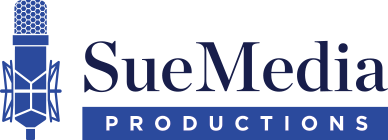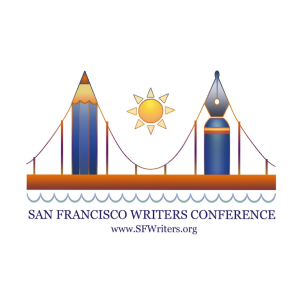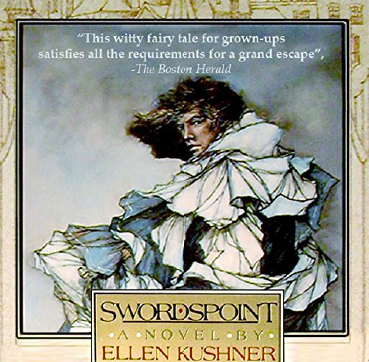Once you’ve decided to produce an audiobook from your book you need to consider casting. What voice or voices will be bring your story to life and engage the listener?
I like to start by considering the style of writing because fiction and nonfiction each have their own unique opportunities and challenges for the narrator.
Nonfiction, while maybe not as dramatic, requires an engaging narrator who understands the subject matter enough to help the listener through the book. One narrator I met recently had been a math teacher and tutor, and as a result was very good at reading scientific materials from dense textbooks, academic papers, and contemporary commentary.
Fiction, depending on the genre, can have its own sound. Some narrators specialize in niches, such as cozy mysteries, romance, sci-fi, fantasy or westerns, because their voice best suits the storytelling style of these books.
Within fiction, some narrators, doing a “solo” read are able to “perform” the “characters” while others choose a more “implied” approach to their characterizations.
Fiction narration can also feature the “duet” – where two narrators are reading alternating chapters for example. Or an “ensemble” performance where multiple actors play different roles, sometimes doubling or tripling up on the characters they play throughout the book.
Authors might want to consider reading their own books. While this can save the cost of hiring someone else, or a group of performers, to read your work, you need to be very objective about your own skills.
Professional narrators have studied and learned what it takes to lift a book off the page and bring it to life for the listener. Additionally, they have access to the technology needed to record the book.
Also, when considering a narrator, I often prefer working with union actors. While I have worked with very talented non-union actors, I have found, over the years, that more often SAG-AFTRA members come to sessions very prepared; so the cost of their time is efficient when compared to less experienced non-union actors.
If you think you want to read your book, try this: Find a quiet place in your home or office and record about 15 minutes of your book. Share this with some objective friends and ask them for feedback. Did they enjoy your reading? Did you enjoy reading the work? Do you think you could do that for 6-8 hours per day?
Once you have decided on the style of narration that best suits your book then you need to either record yourself or set a recording schedule for the narrator or narrators you have hired.
If you are reading it yourself, and it’s your first audiobook, find a producer to help you. This will be money well spent, as you’ll need a studio and editing and mastering engineers to help finish the book once you have recorded it. Narrating can be overwhelming; let a producer take care of all the other coordination.
At SueMedia/ Radio Waves Studios we work in-person and remotely with independent and commercial publishers to assist with all the needed steps along the way.
There are other resources, like ACX.org, where you can post your book and ask for bids to get it completed. Rates vary depending on what you choose for your book’s aesthetic.
We typically suggest a financial range depending on the book and the author’s book overall budget.
In my next article, I’ll review distribution and marketing choices that will help get your completed audiobook in front of your audience.




